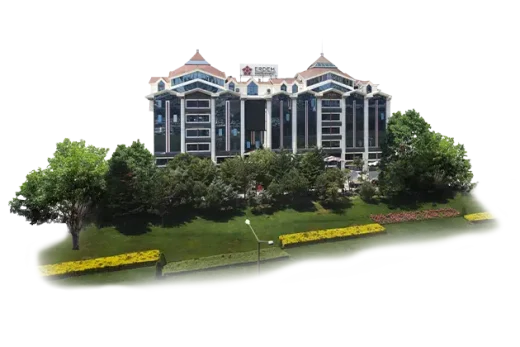People living with type 2 diabetes need to carefully monitor their blood sugar levels to maintain balance. Both hypoglycemia (low blood sugar) and hyperglycemia (high blood sugar) can occur, and each has distinct symptoms, risks, and management strategies. While lifestyle changes and medications help stabilize glucose, knowing how to respond to sudden fluctuations is essential to prevent complications.
Why Blood Sugar Balance Matters
In type 2 diabetes, the body either does not produce enough insulin or the cells do not respond effectively to it. This leads to difficulty regulating blood sugar. A well-balanced glucose level ensures that the body has enough energy for daily activities without causing harm to blood vessels, nerves, or organs.
- Hypoglycemia (typically below 70 mg/dl) happens when blood sugar drops too low, depriving the brain and muscles of energy.
- Hyperglycemia (often above 180 mg/dl after meals) develops when glucose levels rise too high, which over time can damage vital organs.

Causes of Hypoglycemia in Type 2 Diabetes
Low blood sugar can be triggered by several factors, particularly in those taking medication:
- Skipping or delaying meals after taking insulin or oral diabetes drugs
- Engaging in intense physical activity without adjusting food intake
- Consuming alcohol, which interferes with liver glucose release
- Taking too high a dose of diabetes medication
- Prolonged fasting or insufficient carbohydrate intake
Symptoms of Hypoglycemia
Early recognition is key to preventing severe consequences. Common signs include:
- Sweating, trembling, and palpitations
- Sudden hunger and irritability
- Dizziness, blurred vision, or headache
- Difficulty concentrating or confusion
- In severe cases: seizures, unconsciousness, or coma
Causes of Hyperglycemia in Type 2 Diabetes
High blood sugar often results from:
- Eating large amounts of carbohydrates or sweets
- Missing diabetes medication or taking too low a dose
- Illness or infection, which increases stress hormones and raises glucose
- Emotional stress, which can disrupt hormone balance
- Physical inactivity leading to insulin resistance
Symptoms of Hyperglycemia
Signs of high blood sugar often appear gradually and may include:
- Increased thirst and frequent urination
- Fatigue and lack of energy
- Dry mouth and skin
- Blurred vision
- Unintended weight loss in prolonged cases
If untreated, hyperglycemia may progress to serious conditions like diabetic ketoacidosis (DKA) or hyperosmolar hyperglycemic state (HHS).
Managing Hypoglycemia
Immediate treatment involves quickly raising blood sugar:
- Consuming 15–20 grams of fast-acting carbohydrates (e.g., glucose tablets, fruit juice, or sugar cubes)
- Rechecking blood sugar after 15 minutes and repeating if still low
- Following up with a snack or meal containing complex carbohydrates and protein to stabilize levels
For severe cases, glucagon injections or emergency medical treatment may be required.
Managing Hyperglycemia
Mild hyperglycemia can often be corrected with lifestyle adjustments:
- Drinking water to prevent dehydration
- Engaging in light exercise (unless ketones are present)
- Taking medication as prescribed
- Monitoring blood sugar more frequently
If levels remain high despite corrective measures, medical advice is necessary to adjust therapy.
Preventing Fluctuations
Prevention is the most effective strategy:
- Following a balanced meal plan with steady carbohydrate intake
- Taking medications consistently at the correct times
- Monitoring blood sugar regularly and keeping a log
- Adjusting activity levels with proper food or medication
- Managing stress and ensuring adequate sleep
With more than 37 years of expertise, Erdem Hospital provides comprehensive diabetes care, helping patients manage blood sugar safely while preventing complications of hypoglycemia and hyperglycemia.
Frequently Asked Questions
- What should I do first if I suspect low blood sugar?
Consume a quick source of sugar, such as glucose tablets or juice, and check blood sugar after 15 minutes. Seek help if symptoms worsen. - Can high blood sugar happen even if I take medication regularly?
Yes. Stress, illness, or dietary changes can cause glucose spikes despite proper medication use. Monitoring helps detect this early. - Is it dangerous to have occasional blood sugar fluctuations?
Mild fluctuations are common, but frequent or severe episodes of hypo- or hyperglycemia increase the risk of long-term complications. - Can exercise trigger hypoglycemia?
Yes, especially if medication doses are not adjusted or meals are skipped. Having a carbohydrate snack before or after activity may prevent drops. - When should I seek emergency medical care?
Seek immediate help if hypoglycemia leads to unconsciousness, or if hyperglycemia persists above 250–300 mg/dl with symptoms such as vomiting, abdominal pain, or confusion.
